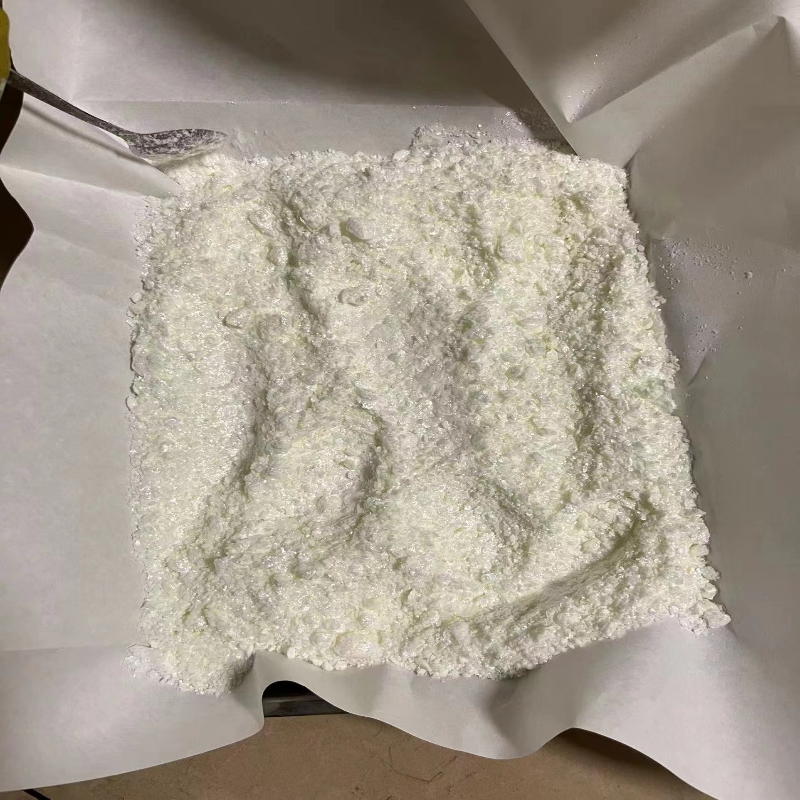-
Categories
-
Pharmaceutical Intermediates
-
Active Pharmaceutical Ingredients
-
Food Additives
- Industrial Coatings
- Agrochemicals
- Dyes and Pigments
- Surfactant
- Flavors and Fragrances
- Chemical Reagents
- Catalyst and Auxiliary
- Natural Products
- Inorganic Chemistry
-
Organic Chemistry
-
Biochemical Engineering
- Analytical Chemistry
-
Cosmetic Ingredient
- Water Treatment Chemical
-
Pharmaceutical Intermediates
Promotion
ECHEMI Mall
Wholesale
Weekly Price
Exhibition
News
-
Trade Service
Statistics show that in April this year, the amount of plastic waste in Bangkok, the capital of Thailand, soared by 62% year-on-year, with an average of 3,432 tons of plastic waste generated every day
.
The picture shows on May 29, in a supermarket in Bangkok, Thailand, a staff member (left) put the items purchased by a customer into his own shopping bag
.
Thailand is one of the world's largest consumers of plastic bags
.
In November last year, the Thai government approved the motion proposed by the Ministry of Natural Resources and Environment: from January 1, 2020, except for microwaved food that must be heated, wet food (canned, sticky, etc.
), meat and fruit are still allowed In addition to the use of plastic bags, all shopping malls, supermarkets and convenience stores in Thailand have stopped providing plastic shopping bags
.
The Thai government also said it would tackle plastic waste in accordance with the Roadmap for Managing Plastic Waste 2018-2030, which was adopted by the ministry last year
.
Plastic waste also threatens the sustainable development of marine ecosystems
.
The Ministry of Natural Resources and Environment of Thailand calls for the reduction of marine litter in three ways: "disuse, use less, and innovate".
Plastics should be stopped where they can be stopped, and those that cannot be stopped should be reduced.
At the same time, technological innovation should be strengthened to use degradable plastics.
Materials to replace traditional plastics
.
Ganda, a researcher at the Thailand Marine Resources Research Center, told this reporter that the research center and the Ministry of Natural Resources and Environment often carry out various activities to attract social institutions and individuals to participate in planting seaweed, picking up garbage, etc.
, to provide clean and fertile marine life.
natural environment
.
According to Malaysia's Malay Mail, the plastic waste received by ASEAN countries accounts for more than 25% of the global total
.
Southeast Asian countries are stepping up the formulation of "foreign garbage" bans and related emergency policies, refusing to become "garbage dumps" for developed countries
.
In November 2018, Thailand held a meeting to solve the problem of imported waste, and decided that Thailand's imported plastic waste in 2019 and 2020 should not exceed 70,000 tons and 40,000 tons respectively, and Thailand will no longer import plastic waste in 2021
.
Vietnam, the Philippines, Malaysia, Indonesia and other countries have also continuously tightened the import restrictions on waste, and a large number of containers containing waste have been "repatriated" to Canada, the United States, Australia and other developed countries
.







